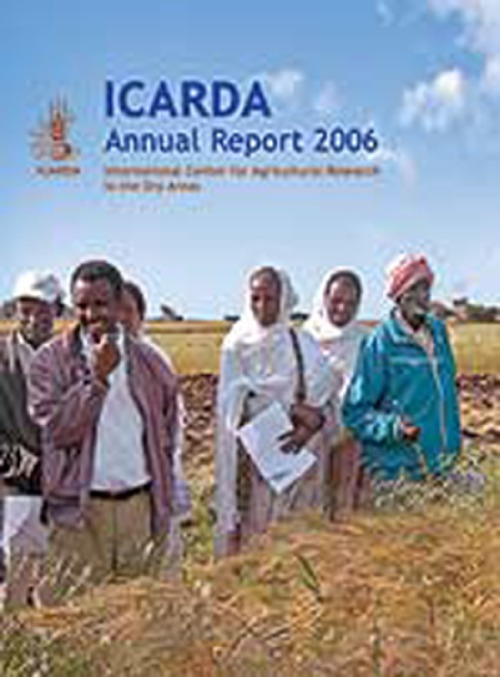Urbanisation, global environmental change, and sustainable development in Latin America
Despite the central role of urban areas in socio-economic and geo-political change processes at the local, regional, and global level, as well as in the regional and global biophysical processes, little attention has been paid so far to the complex and dynamic interactions between urban areas and the biophysical and chemical processes of global environmental changes.This book contributes to the knowledge about these interactions.








